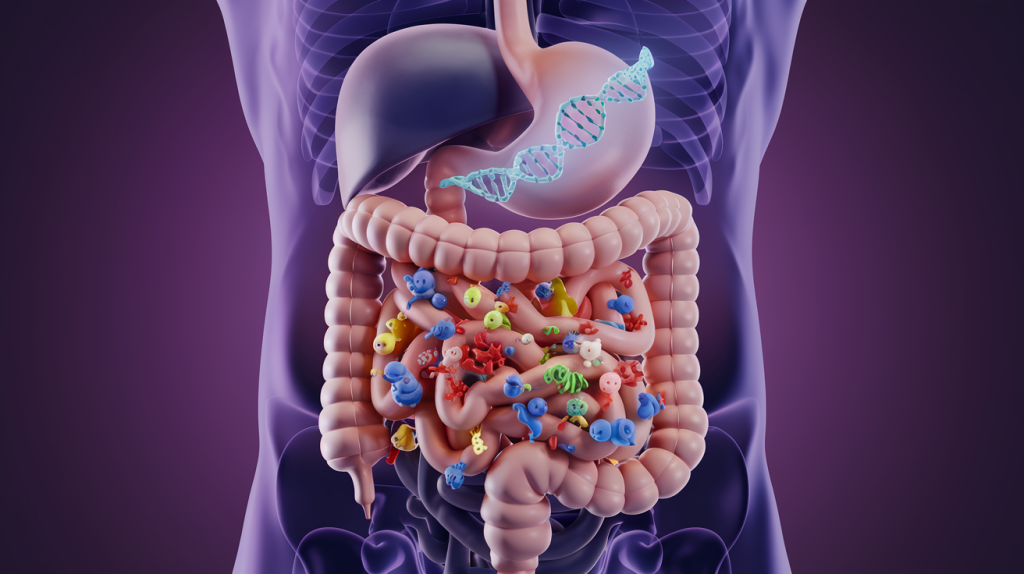How Gut Health Shapes a Healthier, Longer Life
Your gut is home to a bustling ecosystem of microorganisms that directly influence your well-being. Known as the microbiome, this community impacts not only digestion but also immunity, mental health, and even how long and how well you live. Recent studies point to microbiome diversity—the variety of bacterial species in the gut—as a key factor in promoting vitality and extending lifespan. But how does this complex system function, and what can you do to support it?

The Science Behind Microbiome Diversity
A diverse microbiome is like a well-balanced ecosystem: each microbial species has a role, keeping the environment healthy and functional. Research published in Nature Communications has found that greater microbial diversity reduces systemic inflammation, a major contributor to chronic diseases like diabetes, heart disease, and arthritis. This diverse microbiome also strengthens immune defenses, giving your body the tools it needs to age more gracefully.
Gut Health and the Mind
Your microbiome isn’t just about physical health—it plays a role in mental well-being, too. The gut-brain axis is a communication network linking the gut and the brain, influencing emotions and cognitive function. Studies suggest that diverse gut bacteria contribute to the production of neurotransmitters like serotonin, which helps regulate mood and stress levels. Conversely, an imbalanced microbiome is associated with anxiety, depression, and cognitive decline.
Nutrition as the Foundation
The foods you eat directly shape your microbiome. Diets rich in whole, plant-based foods promote microbial diversity. Fiber, found in fruits, vegetables, and legumes, acts as fuel for beneficial bacteria, while fermented foods like yogurt and kimchi introduce probiotics that enhance gut health. Conversely, highly processed foods and excess sugar harm microbiome diversity, increasing the risk of inflammation and poor health outcomes.
Lifestyle Habits That Shape Your Gut
Your daily habits also affect the microbiome. Regular exercise promotes a more diverse gut microbiota, while chronic stress and lack of sleep can disrupt microbial balance. Additionally, the overuse of antibiotics, though sometimes necessary, can wipe out both harmful and beneficial bacteria, reducing diversity. Maintaining a healthy lifestyle helps nurture your microbiome and its role in longevity.
Simple Steps to Nurture Your Microbiome
Supporting microbiome diversity doesn’t have to be complicated. Start with these practical tips:
- Increase your intake of high-fiber foods like vegetables, fruits, and whole grains.
- Incorporate fermented foods into your meals for added probiotics.
- Exercise regularly to support gut and overall health.
- Manage stress through mindfulness techniques or relaxing hobbies.
- Limit unnecessary antibiotic use and consult a doctor when needed.
These small adjustments can have a profound impact on your microbiome and longevity.

A Future of Health and Vitality
The connection between microbiome diversity and longevity offers exciting possibilities for those seeking a healthier, more vibrant life. By nurturing your gut through balanced nutrition, healthy habits, and supplements like Amiclear, you can unlock the potential of your microbiome. Start today, and embrace a future where vitality and well-being are within reach.
See this interesting article about: The Gut-Brain Connection


Pingback: Plant-Based Proteins: Are They the Future of Nutrition? – stay healthy today